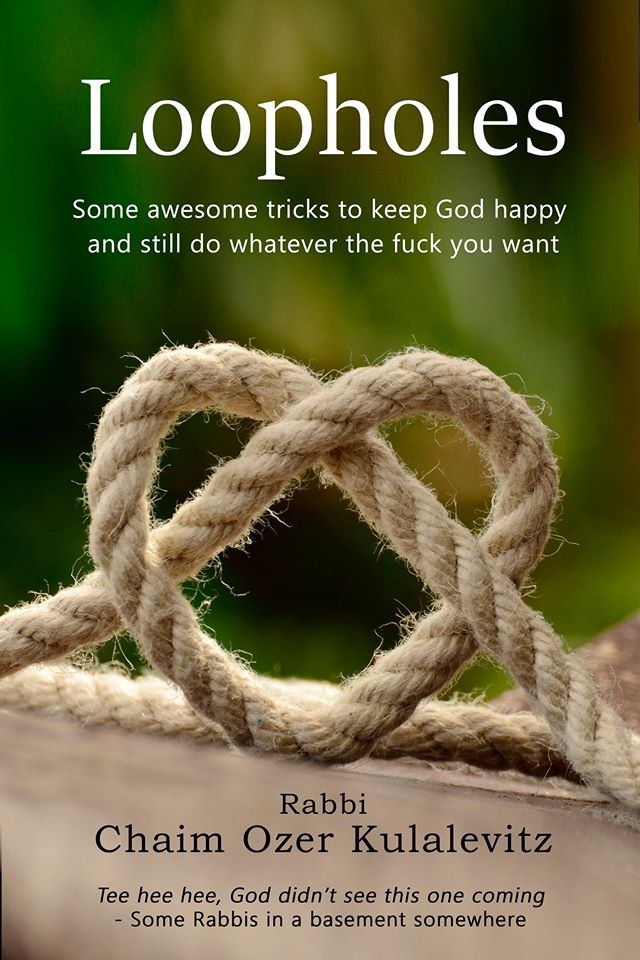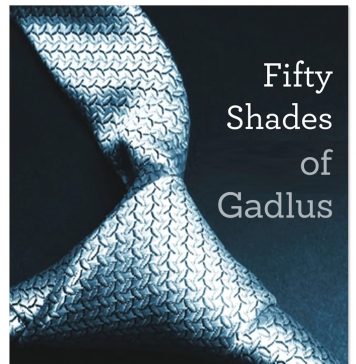At this point, I have left both the religion and the nationalist views I was raised with. What follows is a short contemplation on the similarities and differences between these two processes.
My journey of leaving both was primarily an emotional one. The values and beliefs of Orthodox Judaism and Zionism didn’t feel right to me. And for both there was also an intellectual exploration that preceded and accompanied the process of deconstruction.
With religion, I pretty much left overnight, but the seeds of intellectual dissonance had already been sown and the ground of emotional turmoil had already been plowed for many years.
When I left religion, exploring the Zionist ideas around which I had been raised did not occupy me much. And at that time my relationship with Zionism was only effected in so far as realizing that claiming a right to a land you lived in 2,000 years ago wasn’t much of a premise, and that the root of Zionism really was in its religious justification (even though Zionists were supposedly ardent secularists) but I basically left it at that.
Growing up religious, I was aware of the broader intellectual counterpoints against religion, whereas Zionism was presented as a given and deconstructing it has required more digging. Even with self directed effort at learning the facts, I find that there is more consensus around the big bang than there is about how many Palestinians were living in Israel at the turn of the century, for example.
When I did finally begin the journey of deconstructing Zionism, more recently (than I’d like to admit), it took me several months to deconstruct.Once I did, though, the entire emotional weight of its sinister reality landed on me all at once. The feeling, therefore, is a much stronger one of the ground being pulled out beneath my feet than when leaving religion.
Here’s the biggest distinction for me: when I stepped out of religion, I stepped into freedom; when I stepped out of Zionism I stepped into restriction.
Zionism is the winning, predominant worldview of the world around me. It is the view of the country I was born in, the mainstream media, and many intellectually and financially powerful people.
To be a Zionist is easy and convenient, especially when you compare it to being a Palestinian. You have nothing to lose by continuing to adopt this supremacist worldview, except your soul. Being a Zionist means having more land to live in, more people to exploit, and the moral superiority and persecuted exceptionalism to justify the most gratuitous use of force.
Religion, in my experience, has more tradeoffs: it limits what you can think and feel, it prescribes what you can eat, who you can date, and what not to do every seventh day. It restricts almost every aspect of your life and often tells you you’re a shitty person at the same time.
My questioning of Zionism, which has unfolded alongside the rise of fascism in its closest ally, has been a rude awakening to the darkest aspects of human behavior and social tendencies – that seemingly all those who can exploit power will do so and that victims are only victims due to circumstances, such that given the chance they will become perpetrators themselves.
Whereas atheism has articulate and well-spoken advocates who far outstrip religion’s “intellectual rigor”, those same people can still somehow be proponents of Zionism. I’m looking at you Sam Harris. Thank God for the consistency of Christopher Hitchens.
Israelis are some of the coolest people I know, and often the easiest for me to relate to, especially when living outside Israel. To befriend them now is a fraught moral dilemma – and I doubt many of them would want to associate with me anyways.
Many of my secular family members who embraced my anti-religious transition are appalled at my new anti-Zionist views, or would be if they knew of them.
The moral weight of being related to Zionists who actively serve in the military is much greater than that of being related to a religious person. The latter’s biggest sins are cutting off the tips of their baby’s penises and teaching their children about hell. The former are calling in airstrikes and killing people.
I broadly believe it is possible, at least theoretically, to be a moderate religious person who does no harm to others. I don’t believe that is possible with Zionism. This leaves me a little gray area to hang out in while I navigate this transition, emotionally and socially.
To reiterate, leaving Zionism has been more difficult for me in many ways than leaving religion. It has been socially isolating, intellectually damning, and morally gut-wrenching.
When I stepped out of religion, I gained many freedoms. The freedom to think as I wanted, to eat what I wanted, to date who I wanted, to spend my time as I wished. I was joining the majority of the world, who would agree (even if they were religious themselves) that the specific style of religion I was raised with was restrictive and absurd.
When I stepped out of Zionism, I stepped into restriction. I moved from the winning side to the losing side, and I personally don’t enjoy being with the losers. I am limited as to who I share my political views with, whereas I readily shout my atheism from the rooftops. I am limited by who I can befriend and who I can confide in. I have gained nothing but the knowledge that I am on the right side of history, and this is not a pleasant realization to carry on my own.













